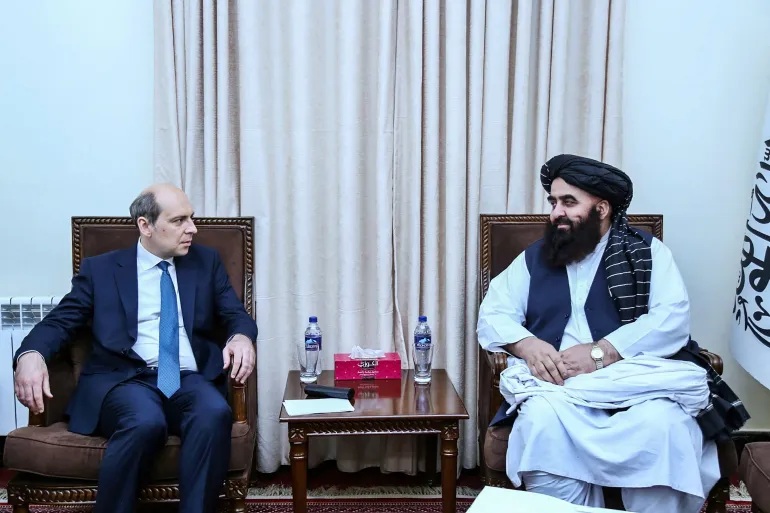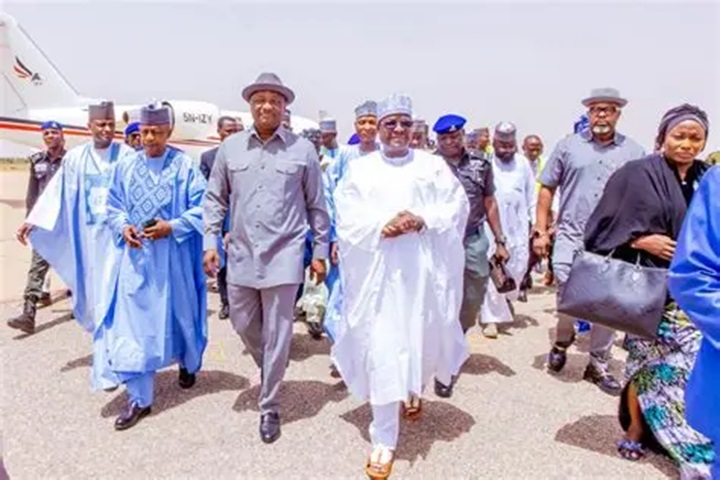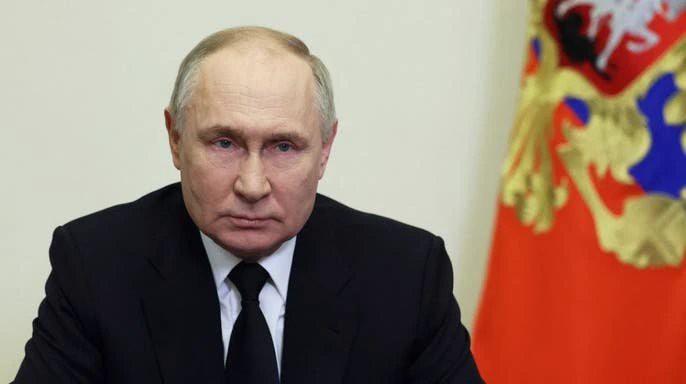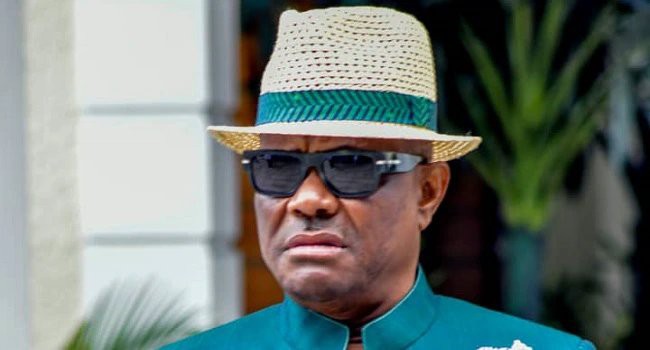Economy
Trade war: Trump auto’s tarriff causes global outrage

Global authorities has on Thursday, 27, 2025, condemned President Donald Trump’s steep tariffs on imported vehicles and parts.
The Trump administration is facing swift retaliation from trading partners as global trade tensions escalate.
Germany, a major car exporter, urged the European Union to respond firmly, while Japan promised to explore all possible countermeasures against America’s decision.
The 25% tariff, taking effect on April 3, will impact foreign-manufactured cars, light trucks, and vehicle components.
Global stock markets plummeted as automakers Toyota, Hyundai, and Mercedes suffered losses.
General Motors, Ford, and Stellantis is also experiencing declines in New York.
France’s Finance Minister, Eric Lombard, declared that the European Union had no choice but to impose retaliatory tariffs on American-made products.
Canadian Prime Minister Mark Carney convened an emergency meeting to evaluate trade strategies.
The Mexico’s Economy Minister Marcelo Ebrard requested preferential treatment.
Trump escalated tensions by warning on social media that Canada and the European Union could face heavier tariffs if they retaliated aggressively.
Tesla CEO Elon Musk acknowledged that tariffs would increase vehicle part costs but stated Tesla’s domestic production would shield it from major losses.
The American Automotive Policy Council urged careful implementation of tariffs to prevent higher consumer prices and protect industry competitiveness within the market.
Experts warn the tariffs could raise car prices significantly.
This will also affect employment rates and economic stability within the American automotive industry.
Currently, half of all vehicles sold in the United States are manufactured domestically, with Mexico, Canada, Japan, South Korea, and Germany supplying imports.
In Canada, industry leaders warned the tariffs would increase production costs, making North America’s automotive sector less competitive against global markets.
Brian Kingston, Canadian Vehicle Manufacturers’ Association President, criticized the policy, arguing it would harm both producers and consumers across North America.
Trump’s senior adviser, Peter Navarro, defended the policy, accusing foreign manufacturers of keeping high-value production within their home countries for competitive advantage.
Navarro specifically targeted Germany and Japan, arguing they reserve essential manufacturing processes domestically, turning America into a low-wage assembly hub.
Since returning to power, Trump has aggressively pursued protectionist policies, imposing tariffs on Canada, Mexico, China, and maintaining steel and aluminum duties.
Under the US-Mexico-Canada Agreement (USMCA), vehicles meeting American content rules may qualify for lower tariffs, preventing severe economic damage within affected industries.
Mexican President Claudia Sheinbaum stated that new tariffs contradict USMCA terms but promised a comprehensive response by early April.
As global trade tensions rise, businesses and political leaders worldwide closely monitor economic impacts and potential retaliatory measures against America’s latest protectionist move.
For Diaspora Digital Media Updates click on Whatsapp, or Telegram. For eyewitness accounts/ reports/ articles, write to: citizenreports@diasporadigitalmedia.com. Follow us on X (Fomerly Twitter) or Facebook












